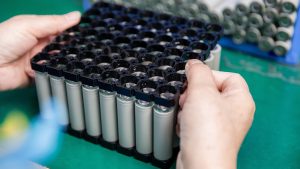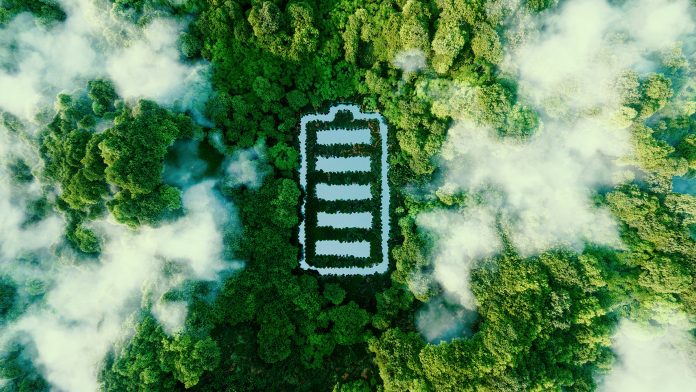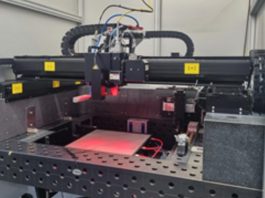A framework concerning sustainable battery production in the European Union has cleared its final hurdle this week.
Member States voted to adopt the new rules aimed at sustainable battery production, which will also seek to make the EU a top competitor in the industry.
First proposed in 2020, the rules cover the entire lifecycle of batteries, from mining raw materials to recycling, to ensure that EU-produced batteries are the world’s greenest. It replaces the now obsolete battery directive from 2006.
They have come into place at the right time, amid a surge in battery production and the demand for electric vehicles. According to EU estimates, global demand for batteries is set to increase 14-fold by 2030, with the EU expected to account for 17% of that demand.
“The new rules will promote the competitiveness of European industry and ensure new batteries are sustainable and contribute to the green transition,” stated Teresa Ribera, minister for the ecological transition of Spain.
Sustainable battery production ensures a circular economy
In a bid to reduce waste and ensure sustainable battery production, the regulation sets targets for producers to collect batteries at the end of their life.
For portable batteries, a rate of 63% is set by the end of 2027 and 73% by the end of 2030, while a 100% target is set for electric vehicle batteries.
At least 51% of batteries from light means of transport, such as electric scooters and mopeds, must be collected by the end of 2027. This will rise to 80% by 2031.
Once collected, critical raw materials will be reclaimed from the waste batteries, ensuring they stay in the European production loop.

The production of batteries will also be required to include minimum levels of recycled content – 16% for cobalt, 85% for lead, 6% for lithium, and 6% for nickel.
The decision to implement sustainable battery production into EU law aims to bolster Europe’s meagre raw material supply. This will help lessen the continent’s reliance on imports of virgin metals from third countries and create a circular, sustainable battery supply chain.
The legislation also promotes fair working conditions
Under the new rules, operators must verify the source of raw materials used for the batteries they produce and sell. This move comes as part of a bid to prevent child labour and abusive working conditions.
Moreover, the framework for sustainable battery production states that all companies placing batteries on the EU market must have a due diligence policy that addresses these abuses in the supply of raw materials.
The legislation covers this topic in light of an Amnesty International report released back in 2016. It revealed that 35,000 child labourers worked at cobalt mines in the Democratic Republic of Congo, the world’s leading cobalt producer.
This revelation sent shockwaves through the industry; therefore, the battery industry has now committed to addressing the abuse of power in the supply chain.
What have industry leaders said about the new regulations?
RECHARGE, a group representing sustainable battery production, welcomed the adoption of the regulation, saying it would go towards shaping “the future for a competitive and sustainable battery value chain.”
In a statement, a spokesperson for the association said: “Carbon intensity and due diligence provisions have the potential to not only prevent underperforming batteries from entering the EU market, but to truly work towards the climate-neutrality and sustainability objectives of the EU.”









